SFS Kenya Returns!
The SFS Kenya program is based at the Center for Wildlife and Water Studies (CWWS) in Kimana. It is actually the oldest SFS program despite having taken a break for 4 years between 2014 and 2018. It is located in the scenic Amboseli ecosystem in the shadow of Mt. Kilimanjaro, Africa’s largest mountain. Standing in the grounds of our Center, one can clearly see an incredible, world-renowned view of Mt Kilimanjaro’s snow-capped peak. Not only does this mountain give the area spectacular scenic beauty, but it’s the source of two major rivers, the Kikankot and the Nolturesh, which traverse the Maasai landscape. The mountain waters the diverse and attractive Amboseli National Park, home to Africa’s famous elephants and a host of large mammals (both carnivores and herbivores). The surrounding landscape has a mixture of bushland and grassland. This is an important bird area, both for usual African birdlife but also for migratory birds wintering in Southern Africa from Europe.
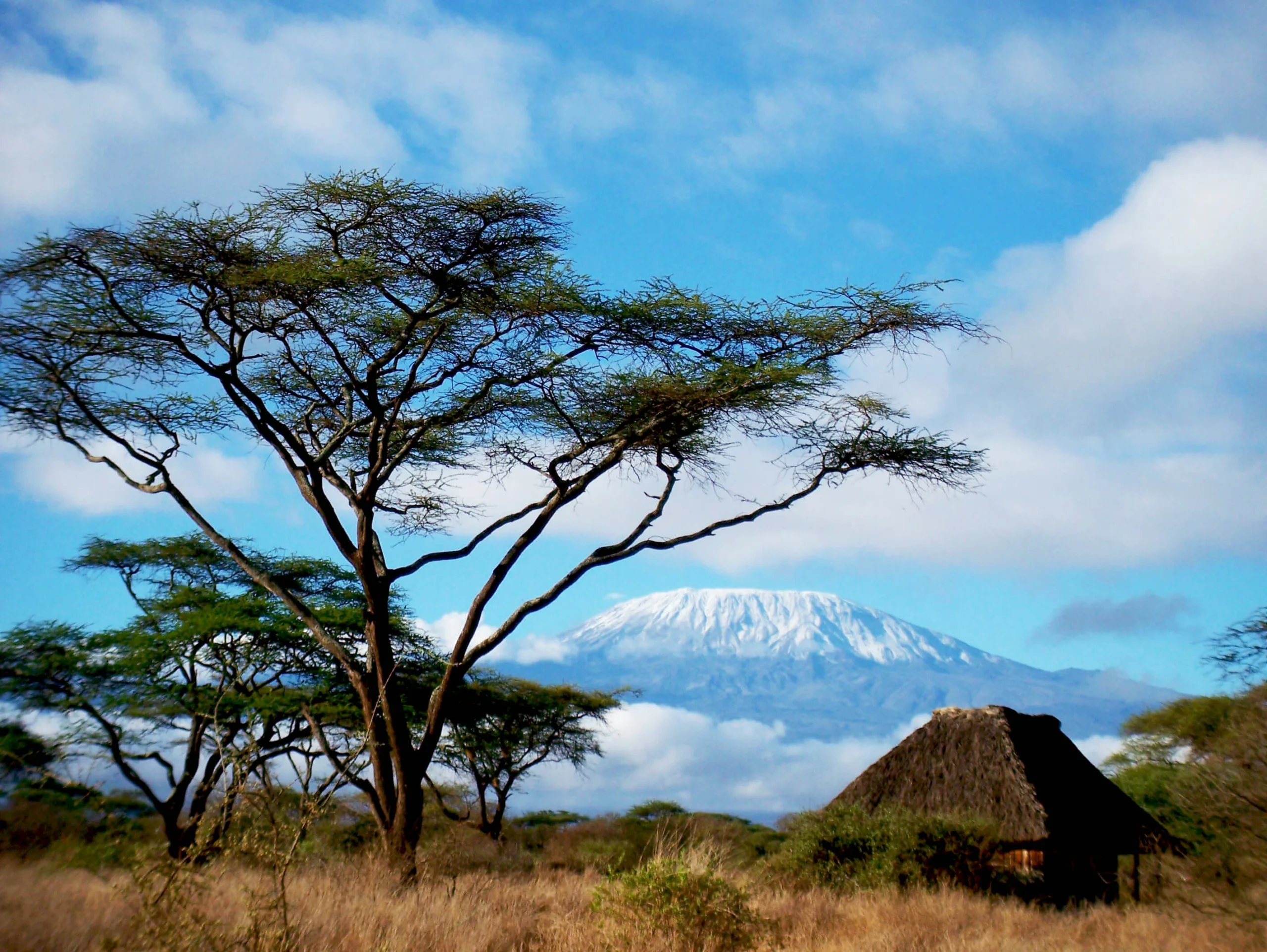
Photo courtesy of Kayla Yurco
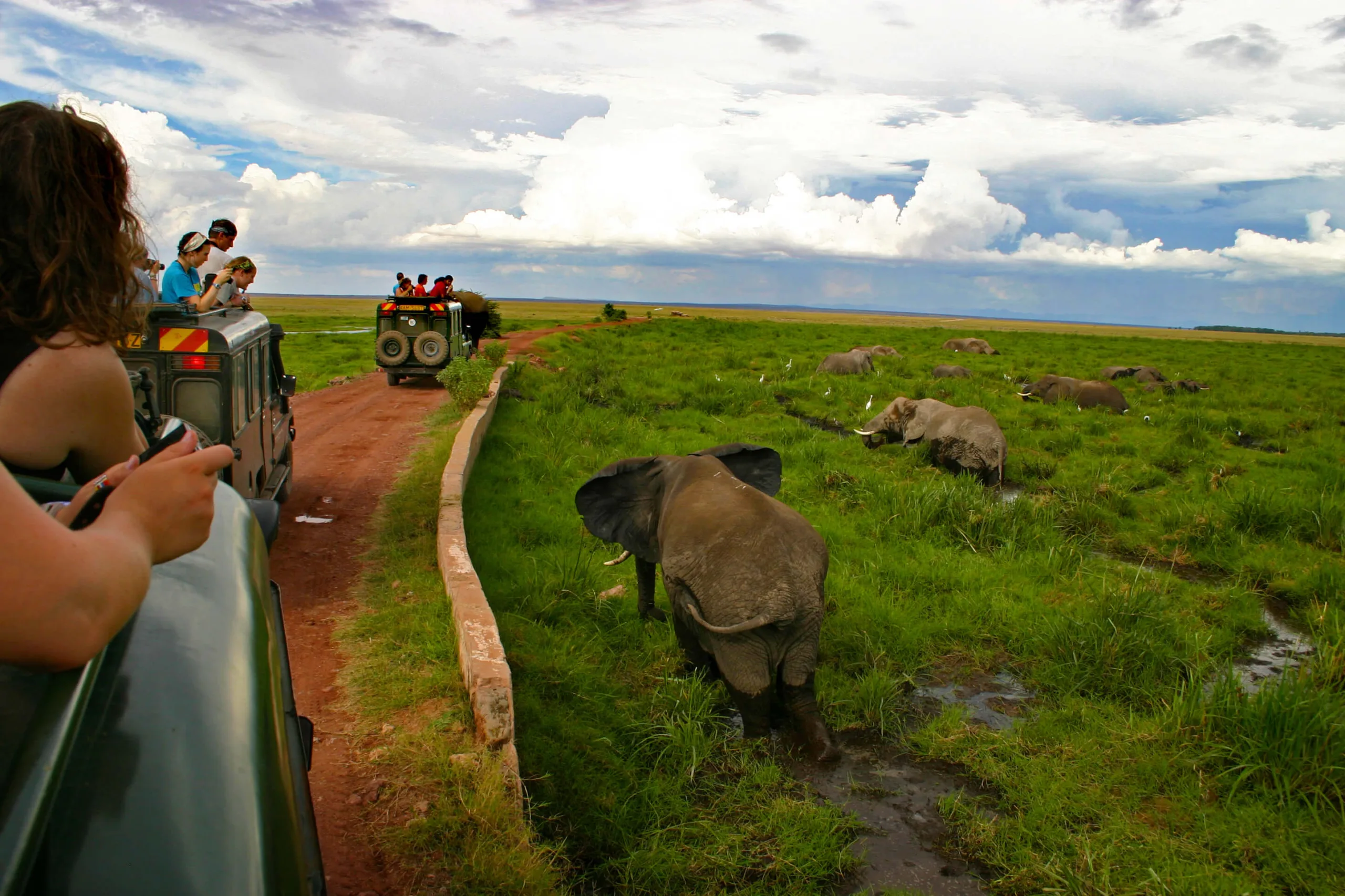
Photo courtesy of Alexandra Carr
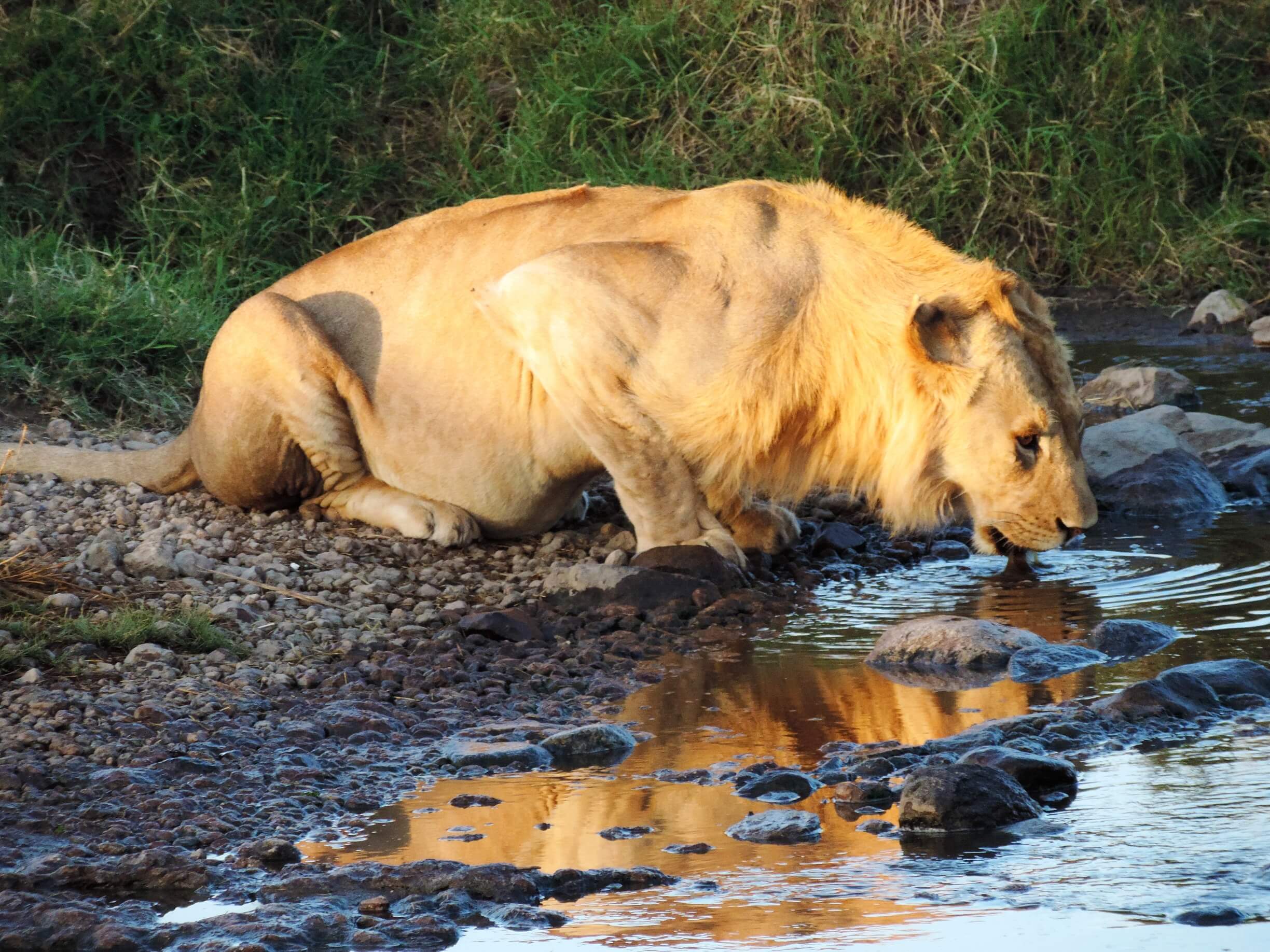
Photo courtesy of Rachel Landman
The Center is surrounded by a loving and welcoming community made up mostly of the Maasai people. Often times members of the community will come and interact with our students. The Maasai sing colorful and emotional songs about their culture and way of life as well as the livestock and wildlife they love. They will jump up and down while garbed in beautiful red Maasai regalia and demonstrate their great ability to jump. Most of their dance moves and songs are mimicked from the wildlife that surround them. They are a proud people who are still governed by principles and values of their culture and practice them as a way of living. Their mainstay is livestock from which they derive economic sustenance, but their social fabric is spun around livestock and large polygamous families. Religion and modernization is however starting to set in and is slowly modifying their way of life, customs, livelihood and social fabric. Nevertheless, this is one of the most endearing and intact cultures in the world. Our program is an integral part of this culture and students will be allowed a rare opportunity to interact and experience this culture through home stays, church visits, market visits and other various forms of interactions.
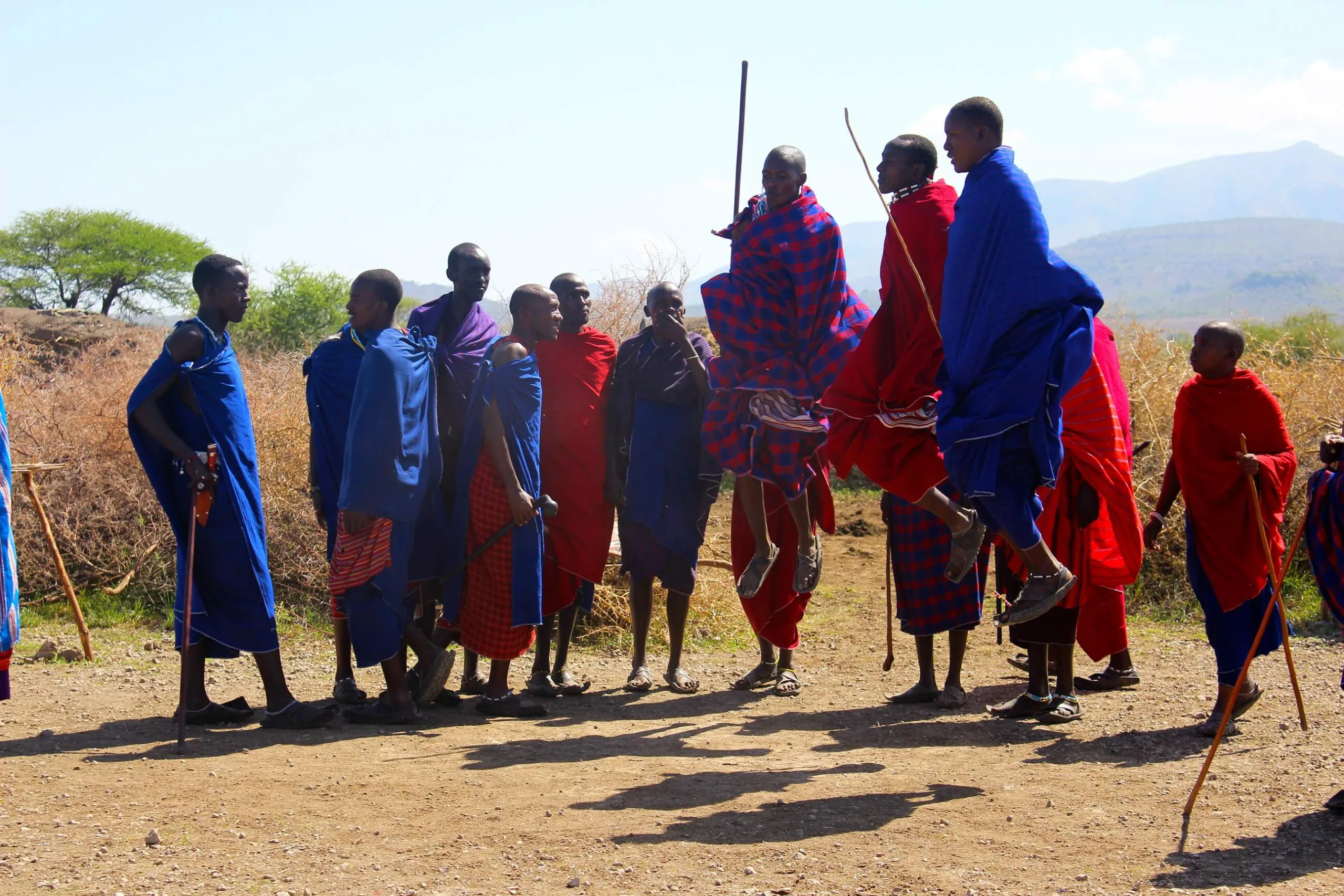
Photo courtesy of Courtney Grogan
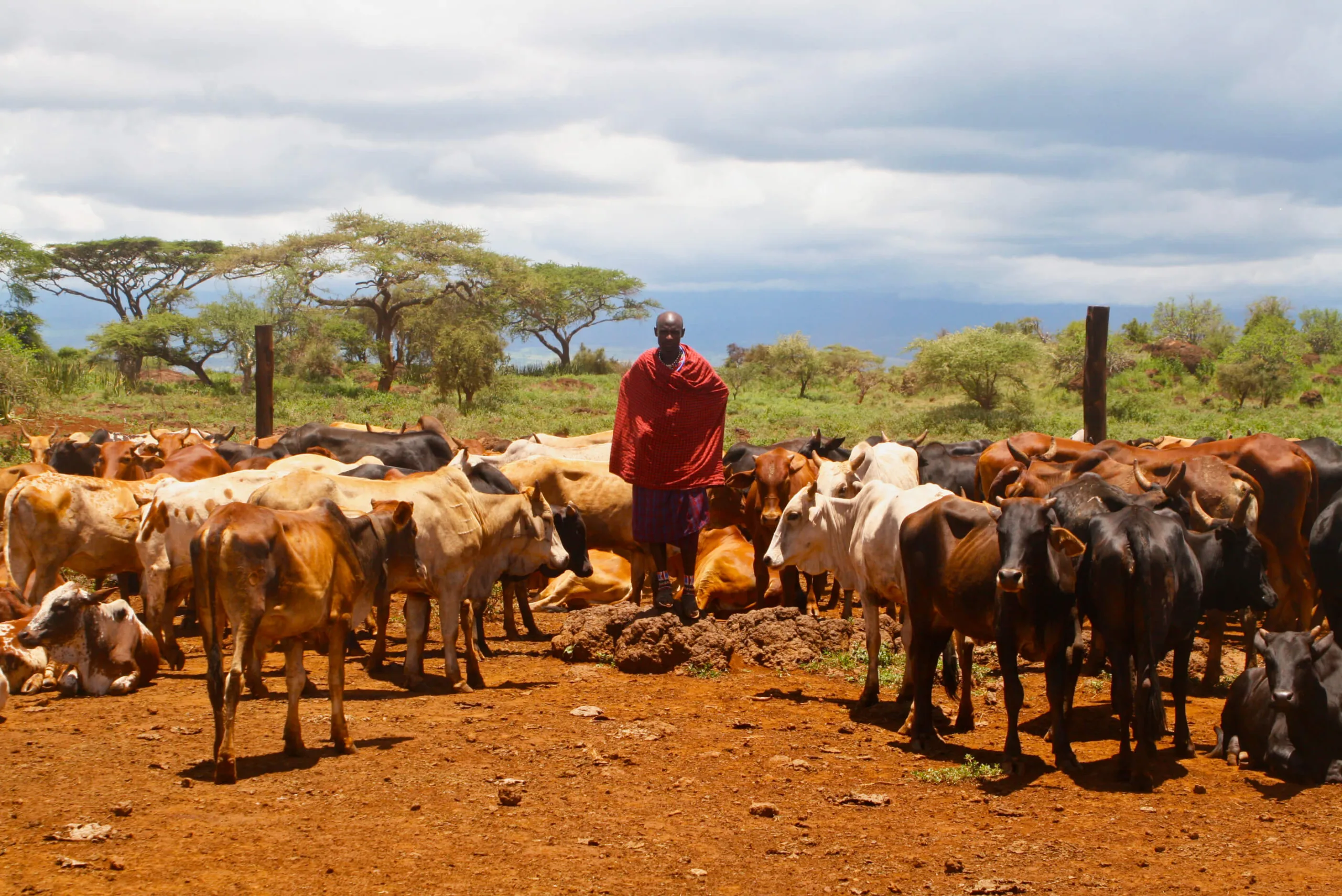
Photo courtesy of Cary Fukui
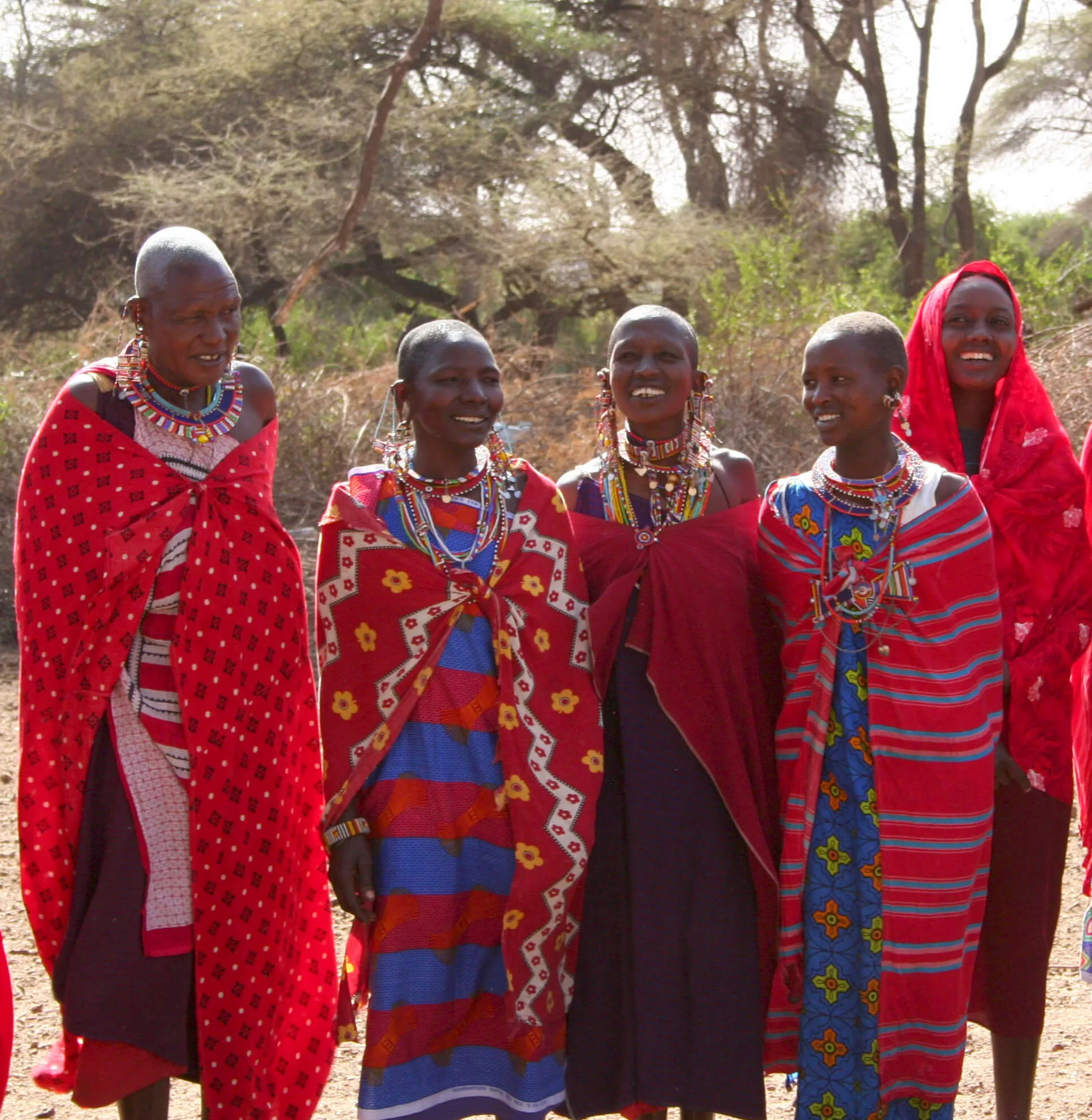
Photo courtesy of Claire Griebenow
The CWWS staff that are returning represent a long-serving, experienced, and entirely Kenyan staff who love students and enjoy interacting with them daily. Our faculty members have studied at prestigious and diverse universities around the world. The staff consider it a duty and privilege to serve, teach, guide and host students and we aspire to help students become open-minded citizens of the world by the time they depart the program. We play, eat together and tell each other stories, revealing both our strengths, humanity and vulnerability. We encourage students to truly be themselves and to learn as much as they desire as our classroom is not only our teaching room but also includes all space, people and land that surrounds us here. From a diverse staff that represent many ethnic communities in Kenya, our student bandas (dorms) and communal living, to our cuisine from the kitchen to our stories and laughter – all represent a unique and rich Kenyan society that enthusiastic students will greatly learn from and have their worlds enriched immensely.
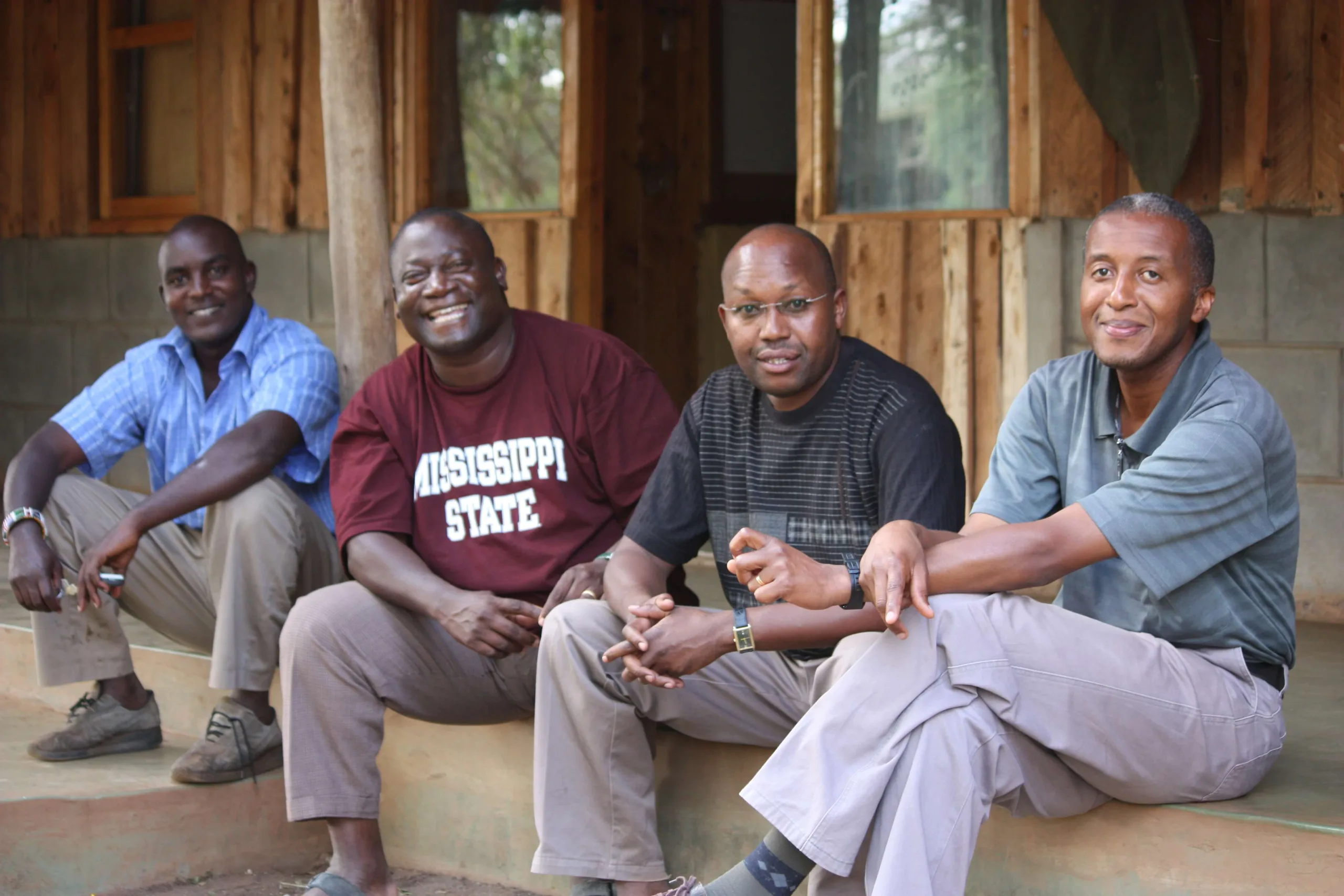
Our academics and research reflect the best university and experiential learning practices. We have lectures in class and many field learning opportunities through travelling lectures, field exercises and research opportunities. Our topics of study will range greatly: we will study water quality, use, and scarcity issues resulting from humans and climate change, we will learn about wildlife species and conservation efforts, about land and resource use competition by the Maasai, and about human-wildlife conflicts and mitigations strategies. We will discuss human geography and sharing of space, land, water with wildlife. Research will be based on real conservation issues around land, water and wildlife and they will be led and directed by resident faculty. In addition, we will learn about conservation challenges in Kenya beyond the Amboseli area for comparison, through a field expedition to Lake Nakuru National Park, the Kenyan Rift Valley, and the Ramsar Site of Lake Naivasha. Conservation issues and challenges in this vast wildlife-inhabited landscape will further expose students to the complexity and struggles of biodiversity conservation and its relationship with communities in Africa.
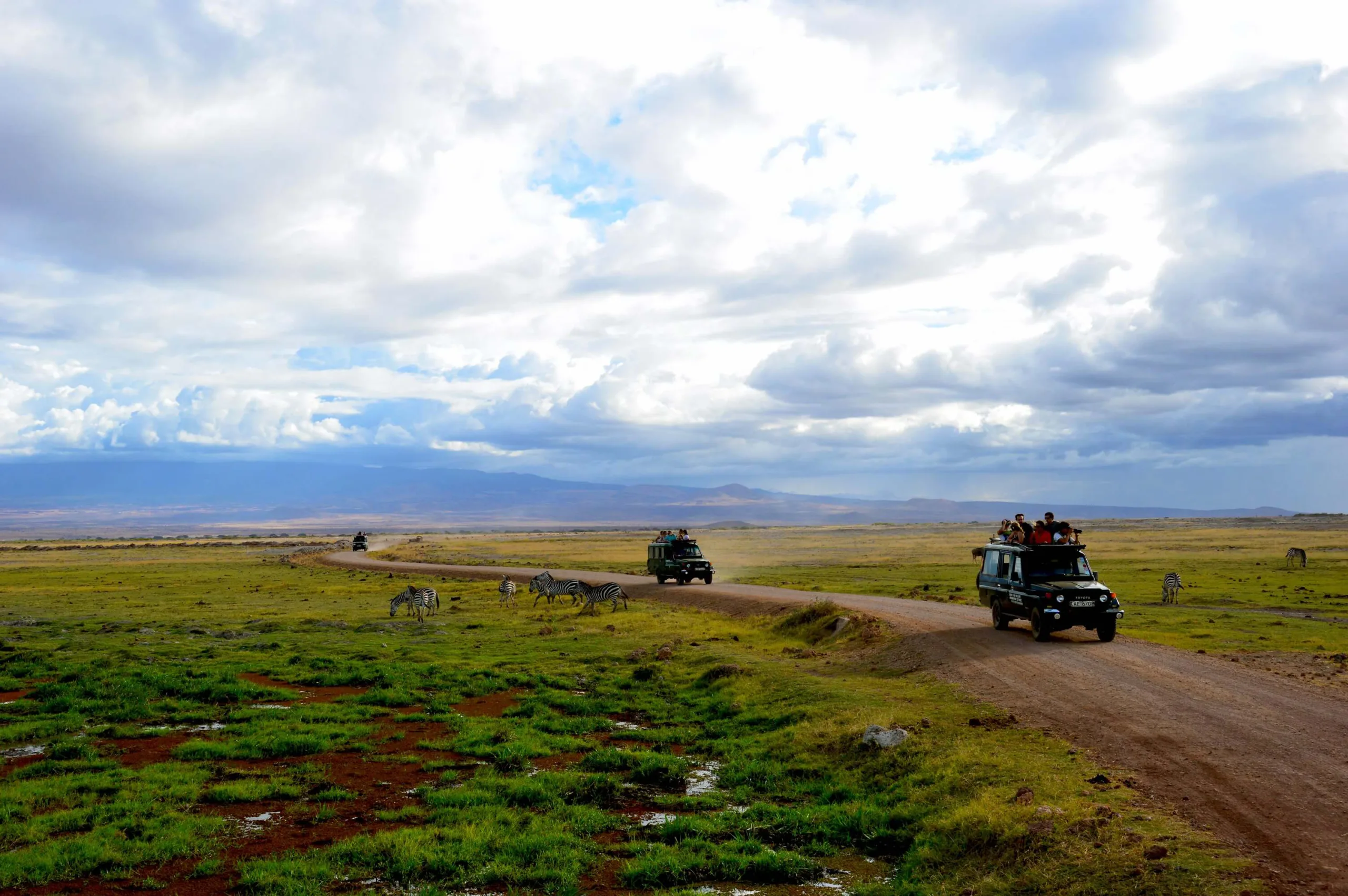
Photo courtesy of Amy Chapman
We are excited for the opportunity to reopen the SFS Center in Kenya and welcome students back to Kenya to learn about water and wildlife issues in Africa, and the human dimension of conserving and using these resources from a developing country perspective – all in a real life field environment.
Related Posts
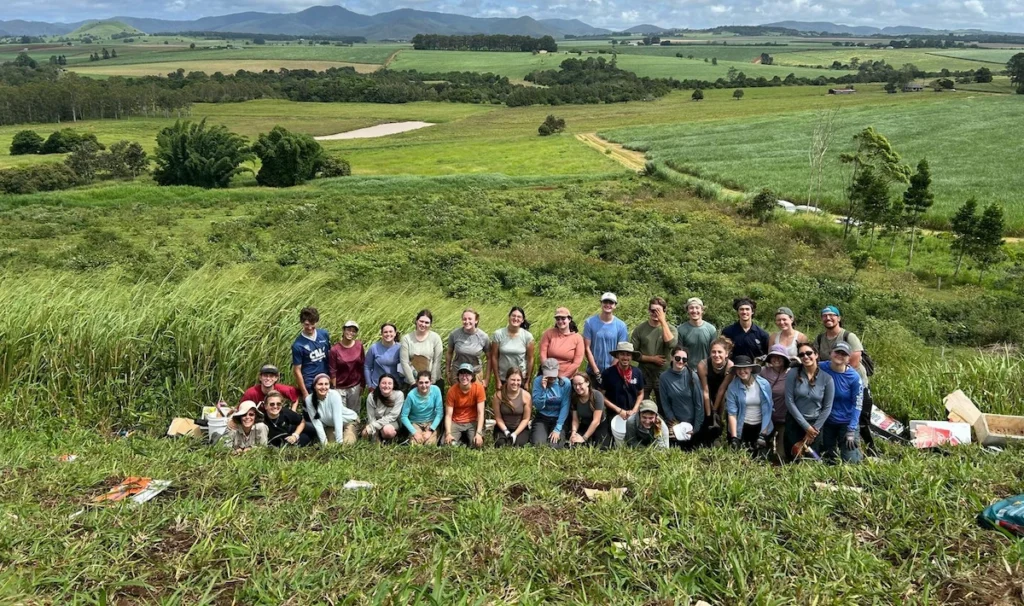
Cinder Cone Chronicles: Lessons from Drought, Data, and Determination

Restoration on a Cinder Cone: A Syntropic Story
